aíi hiipiñ
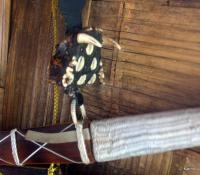
bade

listenloadingplaying
[bade]
n.
ceiling rack for storing meat syn. yo bade; xaci
Example: Photo by Tage Kanno
Speaker: Tage Kanno,
Dialect: syn. yo bade; xaci
bookmark
boha

listenloadingplaying
[boha]
n.
cane rope tied to a babó for acrobatic game; acrobatic game played on the rope
Example: Photo by Tage Kanno
Speaker: Tage Kanno
bookmark
byaací
listenloadingplaying
[bjaací]
n.
space between the front verandah and the main space in an Apatani house
Speaker: Tage Kanno,
Dialect: syn. byaarañ
bookmark
byaago
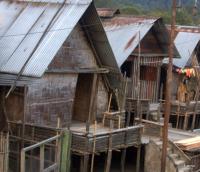
byuxwñ
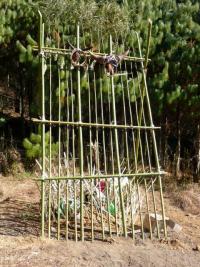
galo sudu
[galo sudu]
n.
metallic smoking pipe
Speaker: Tage Kanno
bookmark
kilu’
listenloadingplaying
[kiluɁ]
n.
a small compartment in the granary usually for storng millet or agricultural implements
Speaker: Tage Yassing
bookmark
la’pañ
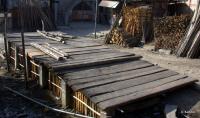
listenloadingplaying
[laɁpã]
n.
wooden community platform usually belonging to a clan
Example: Photo by Tage Kanno
Speaker: Tage Kanno
bookmark
lobú
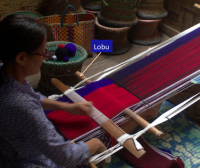
nago
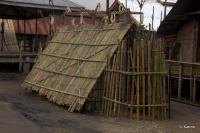
pa’po

listenloadingplaying
[paɁpo]
n.
a bamboo pole suspended horizontally on the side wall of the house for keeping clothes
Example: Photo by Tage Kanno
Speaker: Tage Kanno
bookmark
pamañ
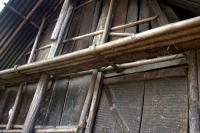
pwrw
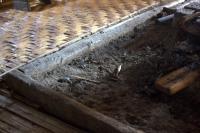
subú
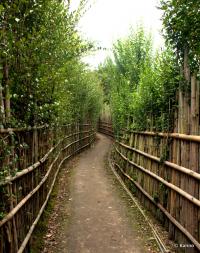
sukuñ pwtiñ
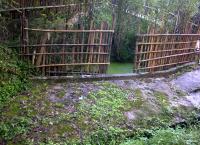
sulú
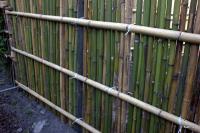
tago alì
listenloadingplaying
[tago alì]
n.
a wooden tricycle used a children’s toy the wheels of which are of tagó tree trunk
Speaker: Tage Numpi
bookmark
xapo
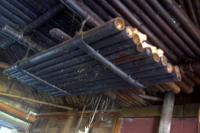
zimw iñgya
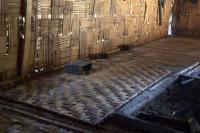
listenloadingplaying
[ɲimɨ ĩgja]
n.
space between the hearth and the wall on the right side while entering the house
Example: Photo by Tage Kanno
Speaker: Tage Kanno
bookmark






 English
English




